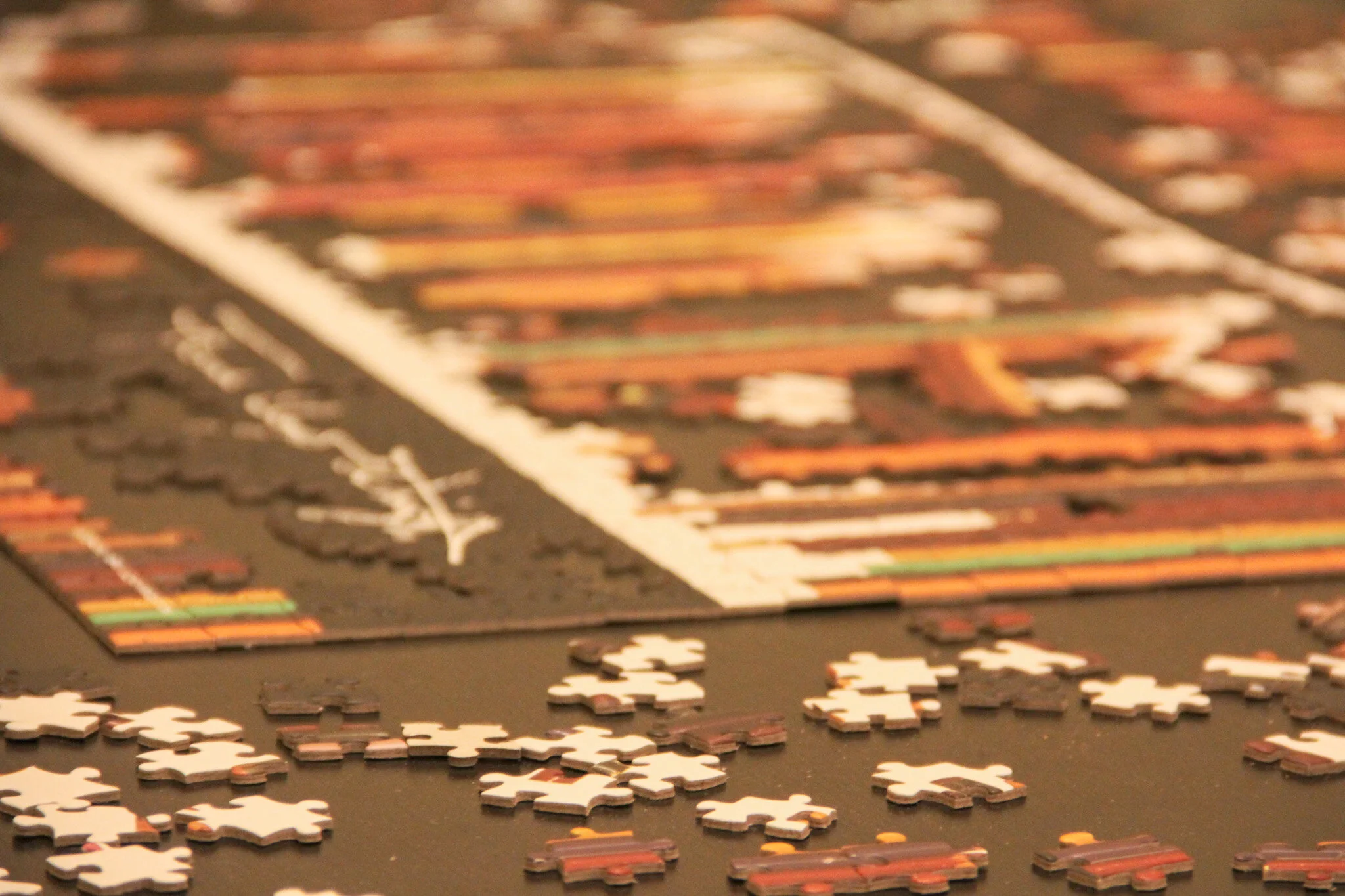Non-judgmental Stance
In this article:
A NONJUDGMENTAL STANCE: Judging something as neither good nor bad. Everything simply is as it is. Focusing on just the facts.
Understanding and developing DBT skills can benefit anyone who wants to cope better with life’s challenges.
Core Mindfulness skills teach you to become more aware of the present moment. You learn to focus on one thing at a time, without judging yourself or others.
What are judgments?
Judgments are the descriptions of things as good or bad, right or wrong, valuable or worthless, smart or stupid, beautiful or ugly, terrible or wonderful, etc.
They often describe how things should or shouldn’t be. “Shoulds” and “Shouldn’ts” are typically expressed as powerful statements that can potentially pave the way for cognitive distortions to take root.
Judgments also describe through comparing and contrasting, which can be dangerous territory for many people, especially where matters of the self are concerned.
Adopting a nonjudgmental stance may seem counterintuitive at first. After all, we’ve relied on judgments to get us through life since day one. Judgments – of all types, both big and small – promise us accurate interpretation of situations as well savings in one of the most precious resources known to us: time.
Judgments can enhance our decision-making process and allow for quick descriptions through categorization. They’ve convinced us that we’re now in harmony with our fast-paced, shortcut-inclined, abbreviated world.
Consider the usefulness of judgments as well as how they may be getting in your way. It is through this process that you may come to a natural understanding of how a nonjudgmental stance may be a more elegant fit.
The Pros
As mentioned earlier, judgments come in handy when we need quick descriptions or simple categorizations.
Judgments also allow us to describe preferences and consequences in a rapid manner.
The Cons
Judgments have the power to distract us from reality, particularly when they begin to replace facts. We run the risk of ceasing objective observation when we judge.
They tend to feed and amplify negative emotions such as anger, guilt and shame. We may also confuse emotions for judgments.
Even positive judgments are fragile in nature – after all, anything that is judged to be “good” can also be deemed “bad”.
Stop Judging the Judging - Jon Kabat-Zinn
Jon Kabat-Zinn is the founder of Mindfulness Based Stress Reduction (MBSR). A program that he developed at the University of Massachusetts Medical Center.
How to let go of judgments
Practice noticing judgments. Keeping count is a crucial step, for it will highlight patterns that may otherwise go unnoticed. In identifying your judgments, you are also afforded a bird’s-eye view of the areas that need improvement.
Ask yourself, “What purpose is my judgment serving?”, “Do I even want to be judging?”, “Is the judging helping or hurting me? Could it be getting in my way and/or obstructing my view?”
Replace judgments with:
Statements of Preference: “I prefer”, “I would like…” or “I wish…”
Statements of Consequences: “This is helpful/harmful for…”, “This is effective/ineffective for…”
Statements of Fact: “This thing happened in this way, at this time…”
Practice acceptance. If you’re familiar with DBT, you will know that the concepts of Everyday Acceptance and Radical Acceptance will undoubtedly aid you in letting go of judgments, and with enough practice and experience, acceptance will even prevent judgments from gaining traction in the first place.
DISCLAIMER: All information included is for educational purposes only. It is not meant to be used for self-diagnosis or to instruct anyone on how to proceed with their mental healthcare. A mental health diagnosis can only be identified by a trained professional that facilitates a proper assessment. Please speak to your healthcare professionals prior to making any changes.



